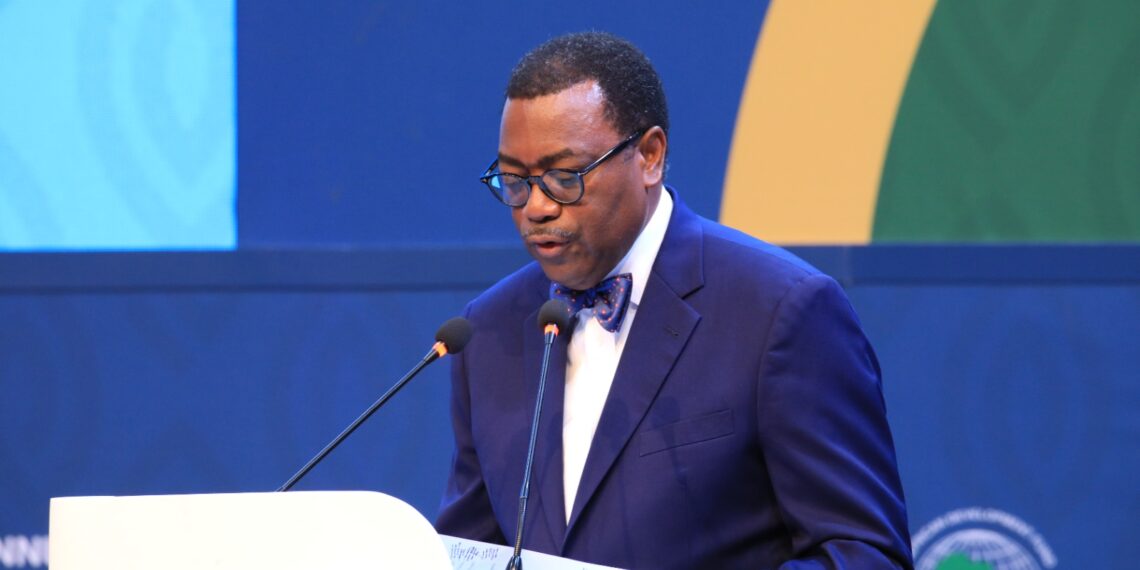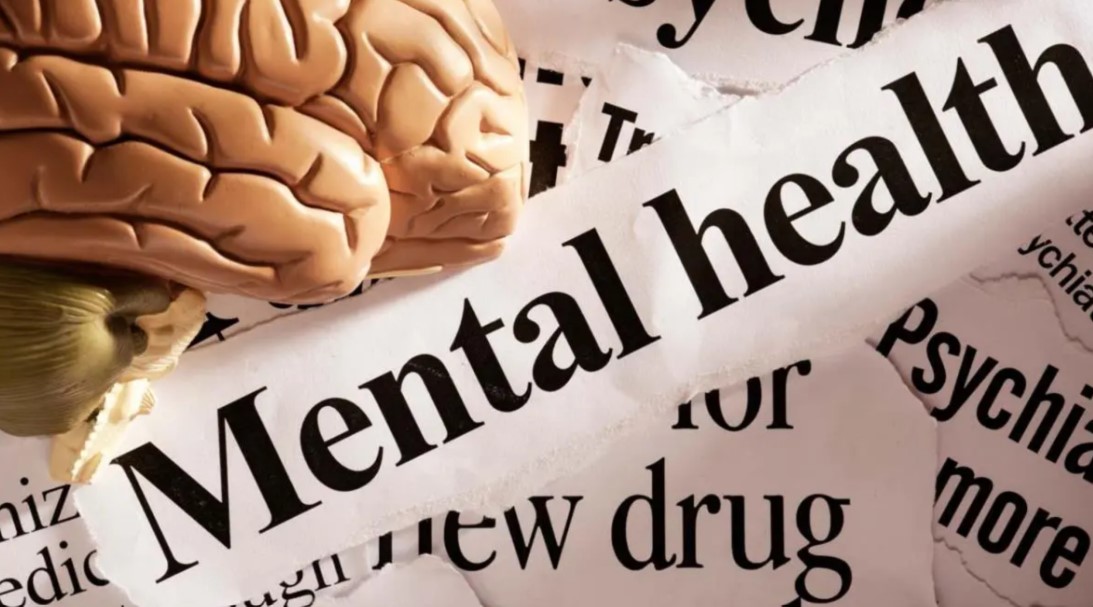
Instituting an Advisory Body of Medical Elders in Nigeria
- Health Sector
- 1 Comment
- 376

The current and future outlook of the medical profession in Nigeria resulting from challenges prevailing against medical education, training and practice necessitated the gathering of a national forum of elders and key actors in the medical profession to deliberate, and proffer probable solutions to these prevalent challenges.
The forum held in Abuja on Tuesday 13th of April, 2021 at the instance of the Chairman of the House of Assembly Committee on Healthcare Services, Honourable Tanko Sununu; Chairman of the Senate Committee on Health, Distinguished Senator Ibrahim Oloriegbe, and the Honourable Minister for Health, Dr Osagie Ehanire. Other participants included Legislators, key Heads of Departments and Agencies of the Federal Ministry of Health; and representatives of professional bodies and associations.
In his keynote address, Honourable Sununu decried widening gaps between the elders and the younger generation in the medical profession and deviations from the tenets of the profession which are fast being eroded.
He identified challenges characterized by dwindling levels of discipline and respect for seniors and peers; gradual loss of goodwill; incessant downing of tools – almost on yearly basis; widening relationship gaps between elders and professional associations especially the Nigerian Medical Association (NMA).
Intra and inter professional rivalry; declining managerial and leadership skills and administrative capacity, emerging challenges of medical professionals with respect to aspirations to leadership positions and the various restrictions put forward against members of the profession are stumbling blocks to the progress of the profession.
Poor working environment, inadequate renumeration and emigration of practitioners in the medical field; a myriad of challenges faced by Resident Doctors including the dichotomy between teachers and medical students, dichotomy between consultants and junior doctors etc; undefined lines of relationships between the medical professional bodies; insufficient funding; unsavory conduct of consultants who hardly show up at health facilities; administrative and operational deficiencies; and others were further highlighted as challenges crippling medical practice in the country during the forum.
These challenges, as discussed, can ultimately impede or frustrate the quest to achieve Universal Health Coverage and erode, truncate or completely reverse gains and progress made so far made by medical professionals in Nigeria’s health sector.
Key among solutions raised include advocacies to crucial actors in the country to facilitate the consideration of health as the second or third item on government’s priority list. In particular, engagement with the Minister of Finance, Budget, and National Planning is urgent for appropriation and disbursement of funds equivalent to 15% of the total national budget for health as provided for in the Abuja Declaration. It is additionally important to establish structures to address problems of social order and medical ethics, including the administration of hospitals.
The establishment of a body of medical elders in Nigeria, meeting periodically and playing strategic advisory roles in policy development, advocacy or mediation to avert interruptions in service delivery was agreed as equally urgent. This particular structure will aid improvements in professional discipline through engagements with regulatory bodies, informal oversight in undergraduate and postgraduate training institutions and active participation in the activities of professional associations. It was assured that with a functional body of medical elders, the image; lost glory; and fast declining dignity and pride of the medical profession will be restored. The body will similarly facilitate a healthier industrial climate for a more enduring health service delivery and ultimately fast track the country’s pace towards achieving Universal Health Coverage.
The meeting came to an end with recommendations that a Secretariat led by Dr. Aminu Magashi be established to facilitate correspondence and meetings of elders in the medical field; and that a seven-member committee including HRH, The Emir of Shonga Dr. Halliru Yahaya; Dr. Nasir Sani – Gwarzo; Dr. Iyke Odo; Prof. Muuta Ibrahim; Dr. Fatima Mustapha Bunza; Dr. Idris Omede; and Dr. Osahon Enabulele be instituted to take forward the action points from the meeting.
Written by ADEMUYIWA DAMILOLA
Edited by Abude-Aribo Juliana
Legislative Initiative for Sustainable Development (LISDEL)






1 Comments
What is/are the criterion/criteria to be classed as a Medical Elder in Nigeria today? Is it :
– Biological Age
– Professional age
– Professional Qualification (s)
– Professional performance
– political Achievement
– Male gender
– All of the Above
– Some of the Above
– None of the Above
– other criterion/ criteria